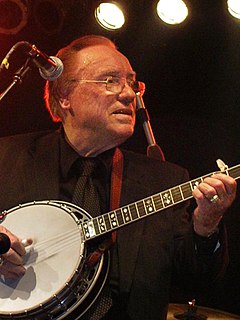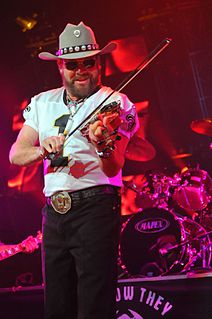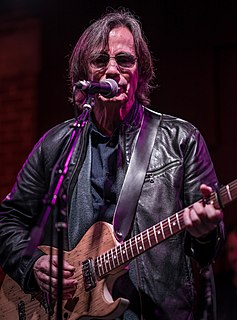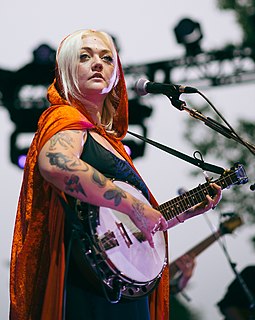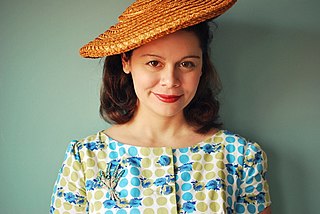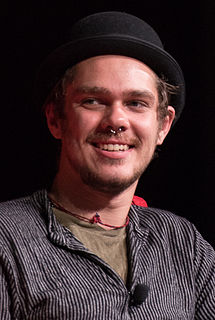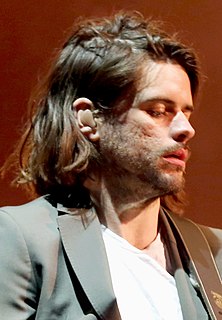A Quote by Earl Scruggs
Earl Scruggs had this thing that it wasn't just the technique or even the instrument. It was him. There was this soulful quality that came through that made you - if you're somebody like me who was, I guess, supposed to play the banjo, it made you stop in your tracks, and you couldn't do anything until you got done hearing him play, and then immediately you'd have to go try and find a banjo.
Related Quotes
I've heard of people stopping their cars, having car wrecks, all kinds of things. But most of the banjo players I know had that moment when they heard Earl Scruggs. So, for me, it transcends the technique. It's the musician in him and his personality, his musical personality, such great taste, such great technique, very, very creative.
I mean if it wasn't for Earl Scruggs, guys like me wouldn't be doing what we're doing. I mean, he's changed so many people's lives, honestly. I was thinking about all the thousands of people that live in Nashville, like myself, that there's no reason a guy from New York would end up down there if it wasn't for the sound of Earl Scruggs' banjo coming over the airwaves and just changing my life.
I first heard the banjo on the Beverly Hillbillies, and from then on I was banjo-conscious. But I didn't actually get one until my grandfather gave me one, almost by mistake. He knew I was playing a little bit of guitar. He saw a banjo at a flea market and bought it. I took it home with me and just never put it down. I was fifteen.
I wrote a post about wanting to buy a banjo - a $300 banjo, which is a lot of money, and I don't play instruments; I don't know anything about music. I like music, and I like banjos, and I think I probably heard Steve Martin playing, and I said, 'I could do that.' And I said to my husband, I said, 'Ben, can I buy a banjo?' And he's like, 'No.'
The edge came from the slights I've had throughout my life, the slights I have dealt with through the entirety of my life. It wasn't one day when somebody said something and that made me upset and now I'm over it. I'm not going to stop playing with an edge because that's what got me here. That's just how I play the game. I can't play any other way.
I'm working on a script right about Civil War re-enactors who go back in time to the actual Civil War. It's kind of a big, crazy Back to the Future comedy. So, of course, it's the Civil War - I play the banjo. I was just having a conversation with one of the producers about some of the material and he was like, 'You know, we have to work in a scene where you play the banjo. And I was like I'll get behind that.
I still had the same frustration with trying to play [Edward Cullen], the entire way through, right up until the last shot. It's a strange part because, on the one hand, a lot of the audience projects their idea of Edward[Cullen] onto him. It doesn't matter what he is. They want him to be a certain way. And then, my instincts were to try and play it and to try to find the fallibility in him and the weaknesses.
